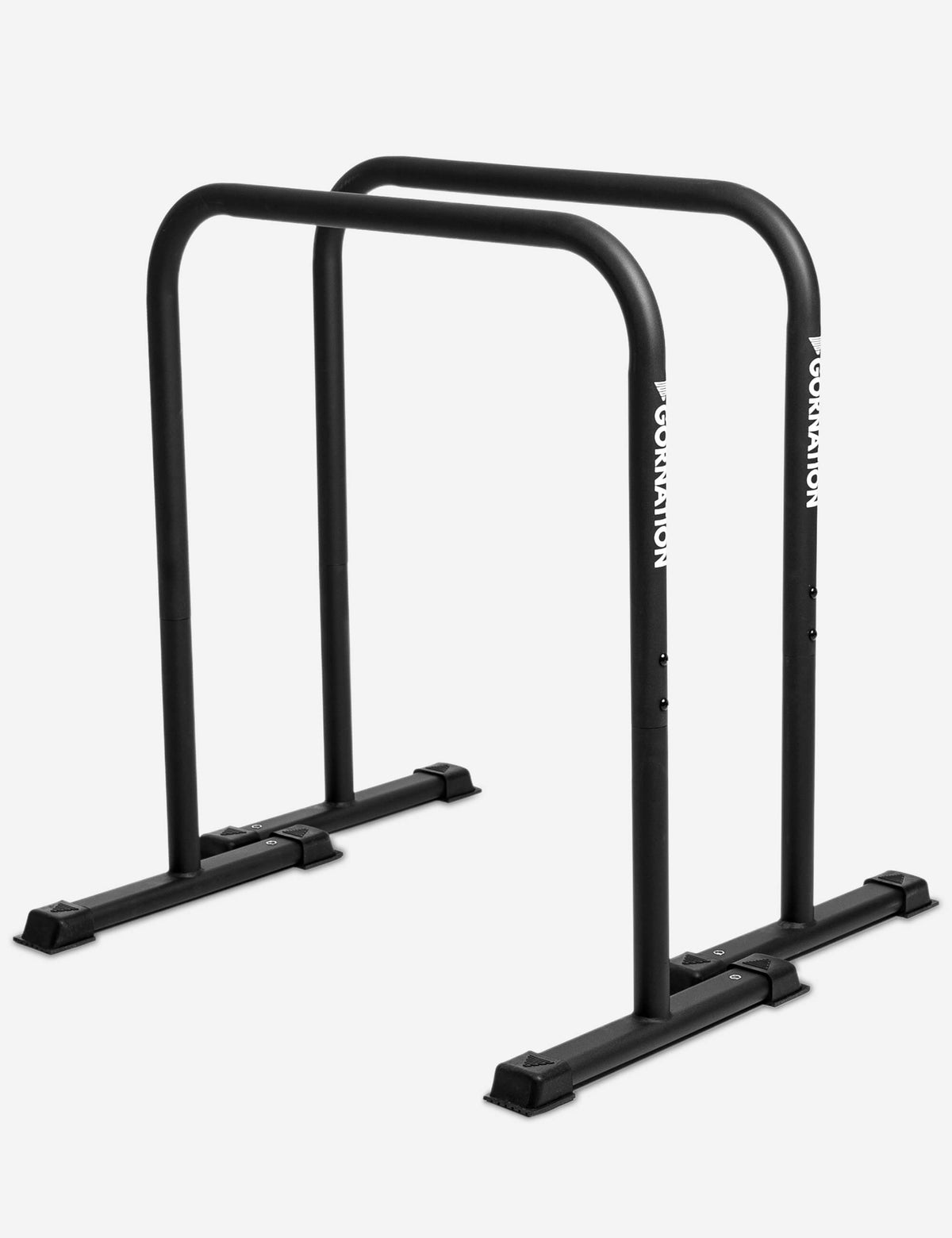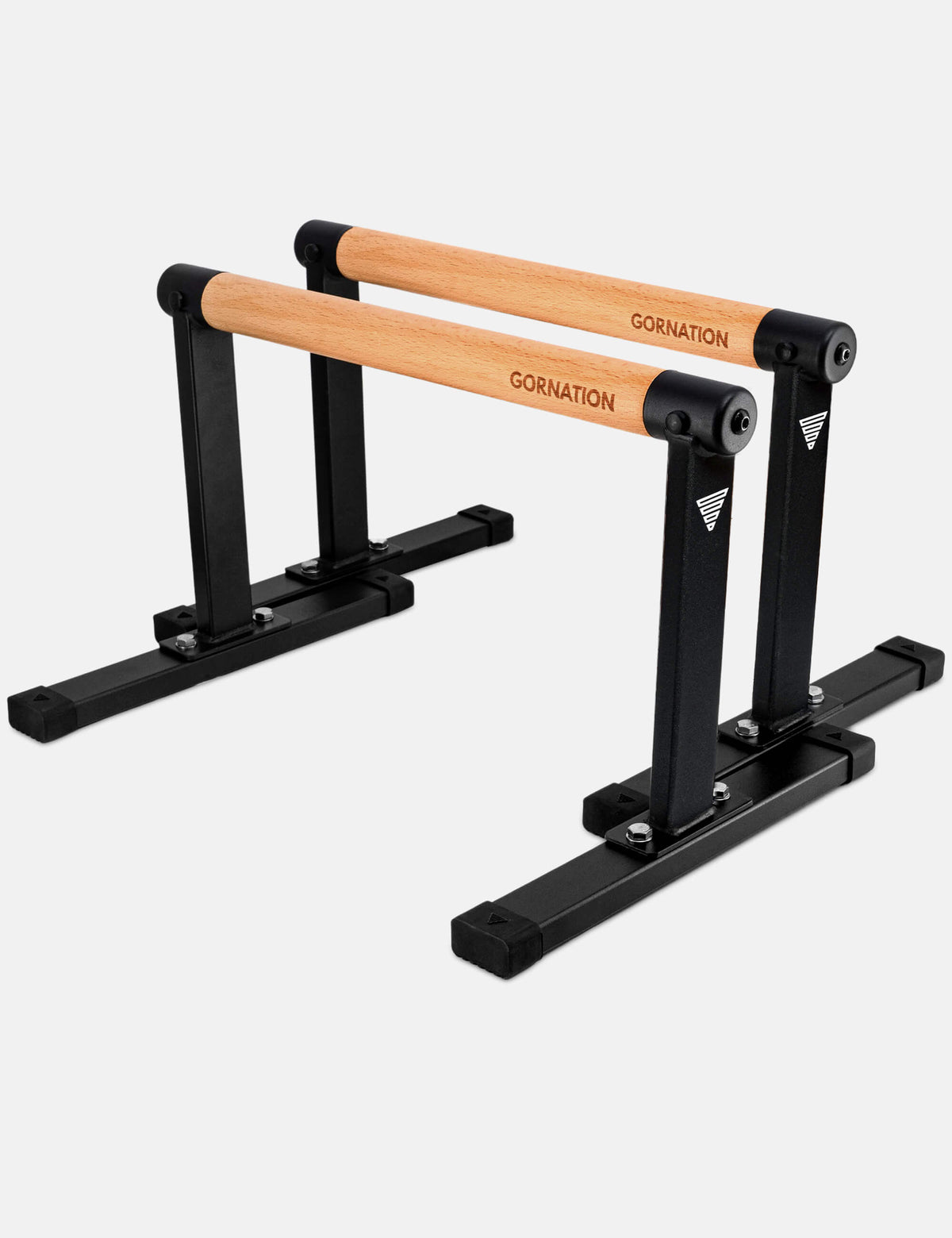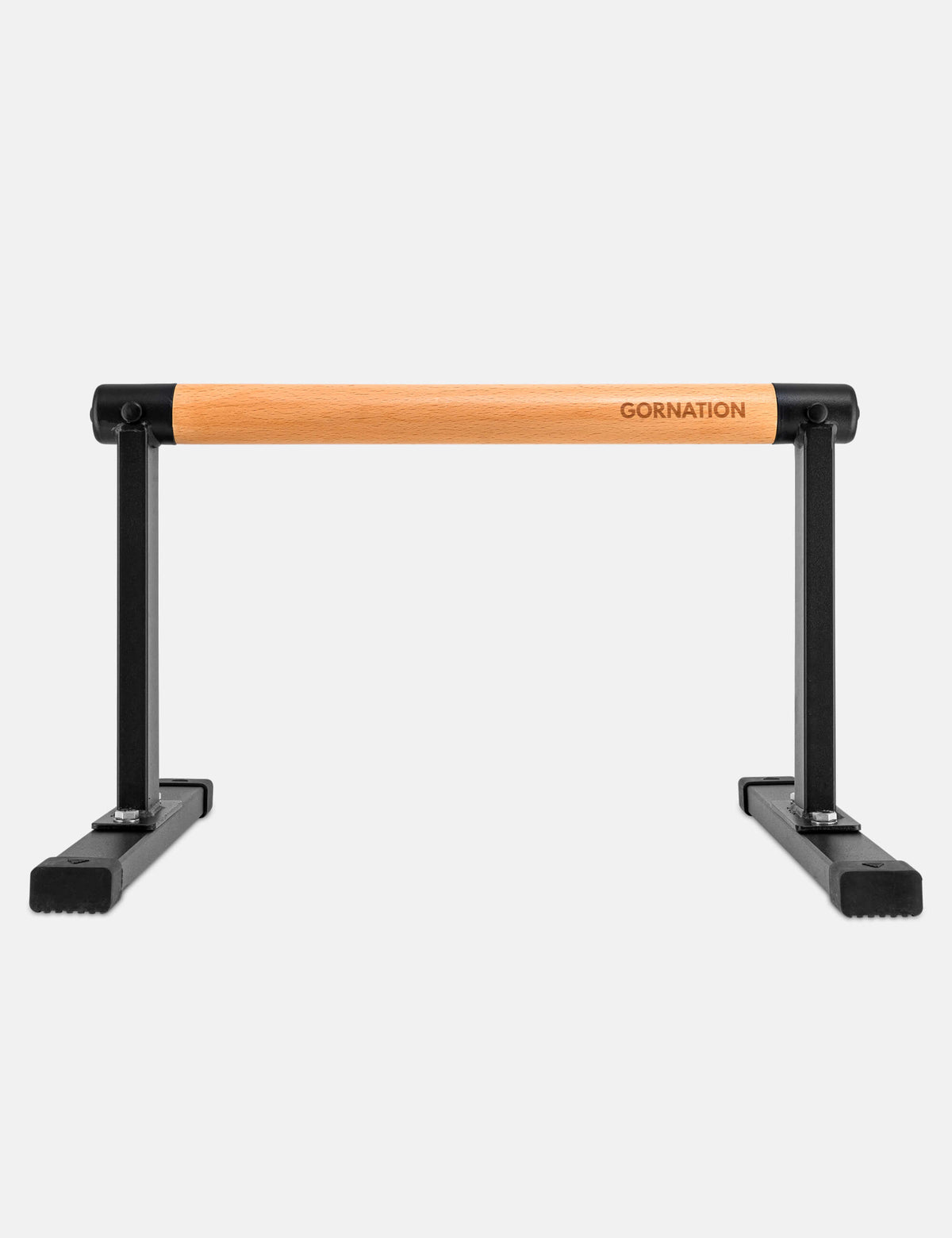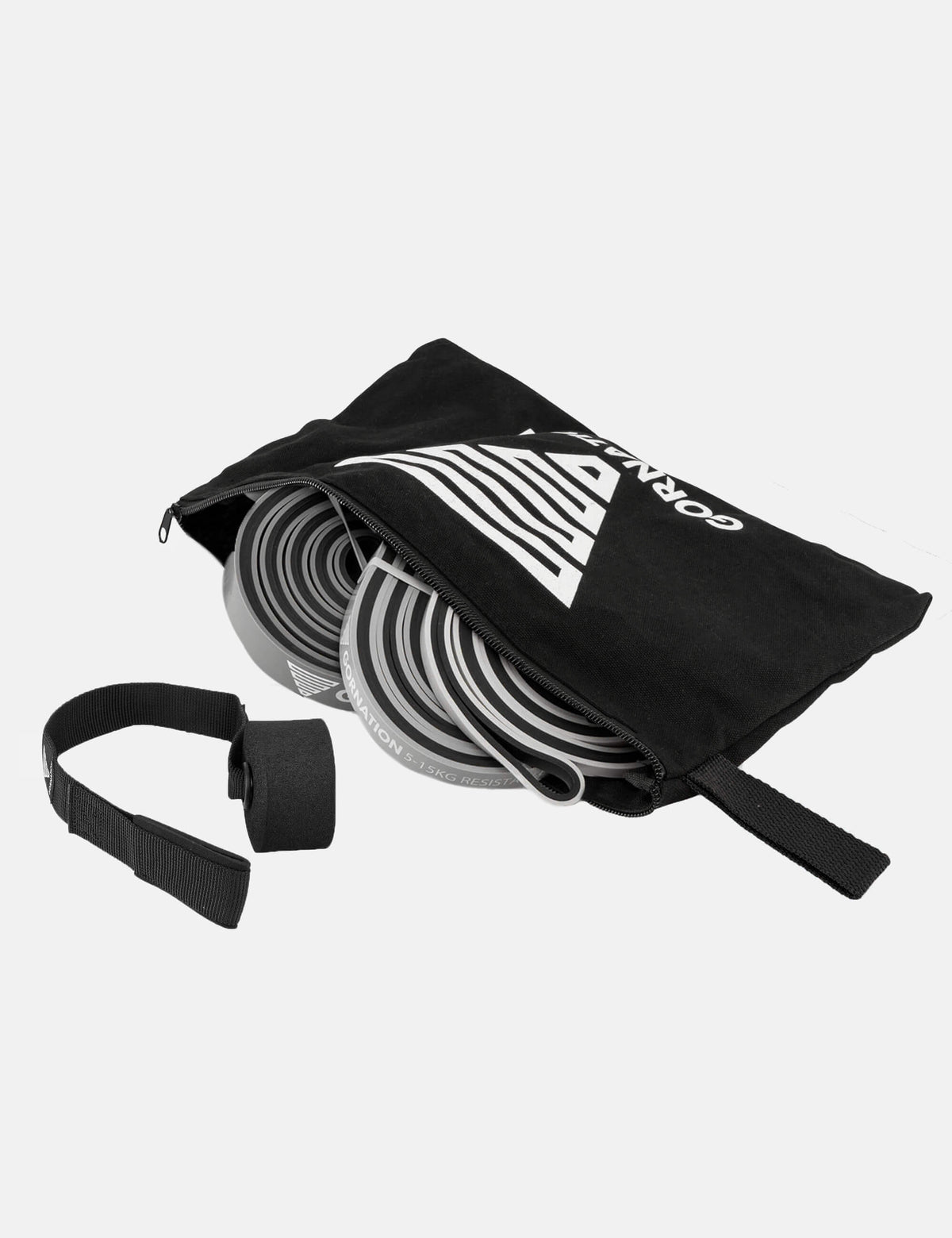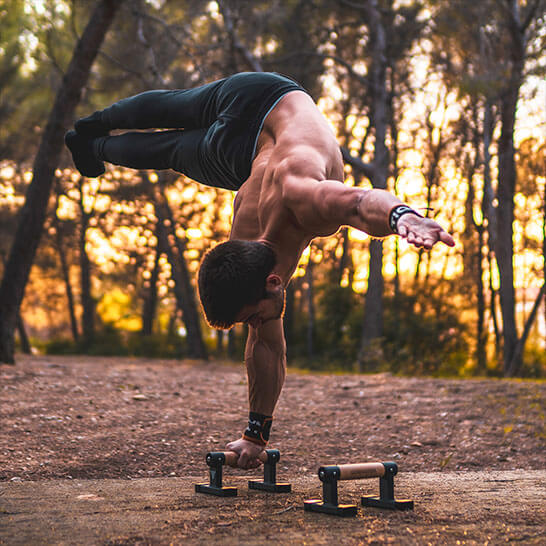Calisthenics Basics: Why They Are the Key to Your Success
Discover why mastering the fundamental exercises is crucial before tackling advanced skills like the planche and front lever.

What Are the Basics in Calisthenics?
The basics in calisthenics are foundational movements that form the building blocks for more complex exercises and advanced skills. These include push-ups, pull-ups, dips, squats, and planks. These exercises provide the perfect groundwork to prepare your body for the demands of advanced training.
Why Are the Basics So Important?
Mastering the basics not only helps you build strength but also plays a crucial role in preventing injuries. A strong and stable body is the foundation of a sustainable training career. In calisthenics, where many exercises rely on your body weight, control and stability are essential. Without a solid base, it will be challenging to progress to advanced skills. The basics not only increase your strength but also prepare your tendons and ligaments for more intense movements.

Progressions: From Beginner to Pro
To make progress, it’s essential to continuously improve your fundamental exercises. For instance, you can increase the number of repetitions or gradually add weight using tools like a weighted vest or dip belt. By focusing on the basics and progressively increasing intensity, you prepare your body optimally for challenging skills like muscle-ups, the front lever, and the planche.
Common Mistakes
One of the most frequent mistakes in calisthenics training is skipping the basics and jumping straight to complex exercises like the human flag. This often leads to frustration and increases the risk of injury. Patience is key—mastering the fundamentals is essential before moving on to advanced skills. Remember: it’s not about progressing as quickly as possible but about training sustainably and healthily over the long term.
The Benefits of Basics
Strength Building : Fundamental exercises target multiple muscle groups simultaneously, creating a strong base of power.
Injury Prevention : Those who master the basics are less prone to injuries as their bodies are better prepared for high-intensity movements.
Effective Progression : A solid foundation allows for quicker and safer progression to advanced exercises.
Improved Body Control : Basics teach you to control your body better, which is crucial for all calisthenics skills.

Conclusion: Basics as the Foundation
Whether you’re just starting out or already an advanced athlete, the basics will always remain relevant. They are the key to successful and sustainable training. Invest time in mastering push-ups, pull-ups, dips, and other foundational movements, and you’ll find that your progress with advanced skills like the planche and front lever will be faster and safer.
 | 3.100+ Bewertungen
| 3.100+ Bewertungen Gratis Versand ab 75€ in DE & AT
Gratis Versand ab 75€ in DE & AT 30 Tage Rückgaberecht
30 Tage Rückgaberecht 
